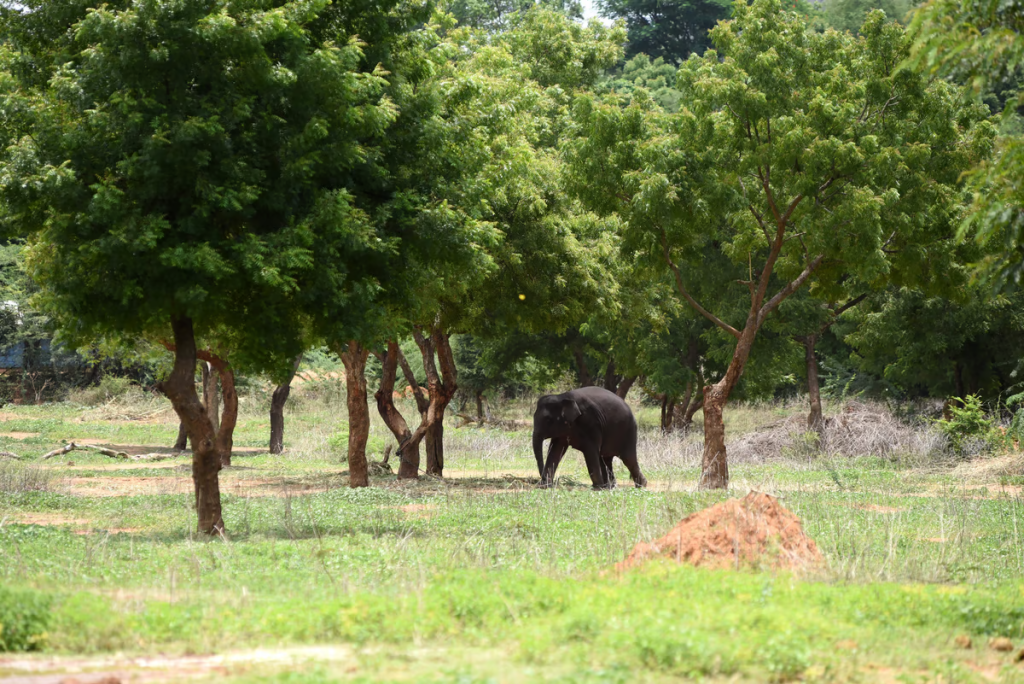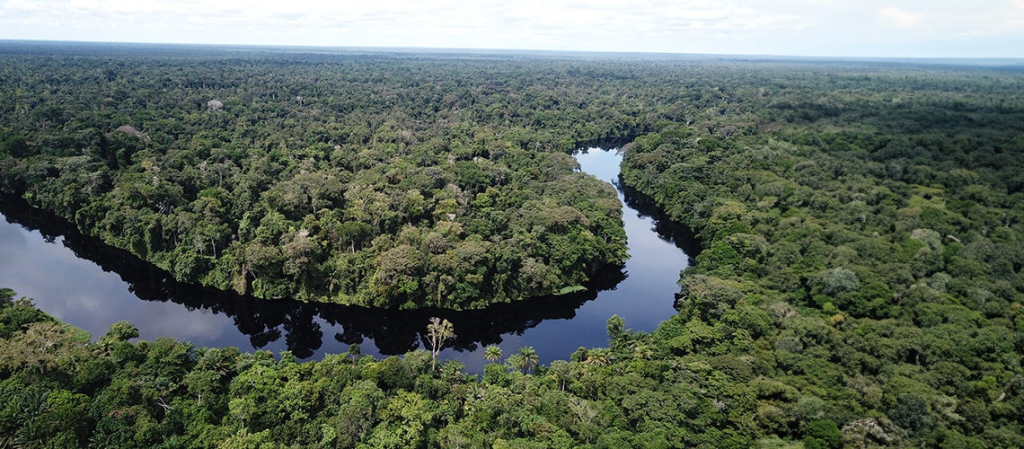Trees have always been a symbol of life and survival in Africa, providing food, medicine, and shelter for communities. However, a recent discovery has added a new dimension to their importance.
Scientists have found that trees not only absorb carbon dioxide, a major contributor to global warming, but also methane—a greenhouse gas far more potent in trapping heat.
Methane is released into the atmosphere through human activities such as agriculture, waste management, and fossil fuel use. In Africa, wetlands, a natural methane source, are abundant, and shifting agricultural practices often exacerbate emissions.
Previously, trees were thought to emit methane through their trunks, especially those growing in waterlogged soils. However, new findings reveal a surprising twist: many trees in drier regions actively absorb methane, potentially balancing these emissions.
Vincent Gauci, a scientist at the University of Birmingham, studied trees in regions as diverse as the United Kingdom, Panama, Brazil, and Sweden. His team found that trees in dry soils behaved differently, taking in more methane than they released.
This unexpected discovery was later confirmed by re-examining data from the Amazon rainforest and other sites.

In Africa, where dense forests like the Congo Basin stand as critical carbon sinks, this research underscores the need for heightened protection. The Congo Basin, the second-largest rainforest in the world, is not only a home to biodiversity but also a significant player in absorbing harmful gases, including methane.
The potential methane absorption by trees globally could reach as much as 50 million tonnes annually, equivalent to emissions from all the world’s landfills.
In Africa’s tropical climate, where temperatures speed up gas exchange, forests may play an even greater role. Scientists believe microbes in tree bark consume methane and convert it into carbon dioxide, although much remains to be understood about this process.
However, experts warn that human activities, such as deforestation and land conversion, threaten this natural balance. Africa’s expanding population and economic activities increase pressure on forests, undermining their ability to fight climate change.

While this discovery highlights the extraordinary capacity of trees, the message is clear: the fight against global warming requires more than just relying on nature.
As Kazuhiko Terazawa, a forest ecologist, emphasises, “People release far more methane than nature can remove.” Reducing emissions from fossil fuels and adopting sustainable practices remain essential.
In Africa, a renewed focus on protecting and expanding forests could amplify the continent’s role in global climate action.
Policymakers, local communities, and environmental organisations must collaborate to ensure these natural allies in the fight against climate change are preserved for future generations.
Now is the time to act decisively to protect Africa’s forests and, with them, the planet’s future.


